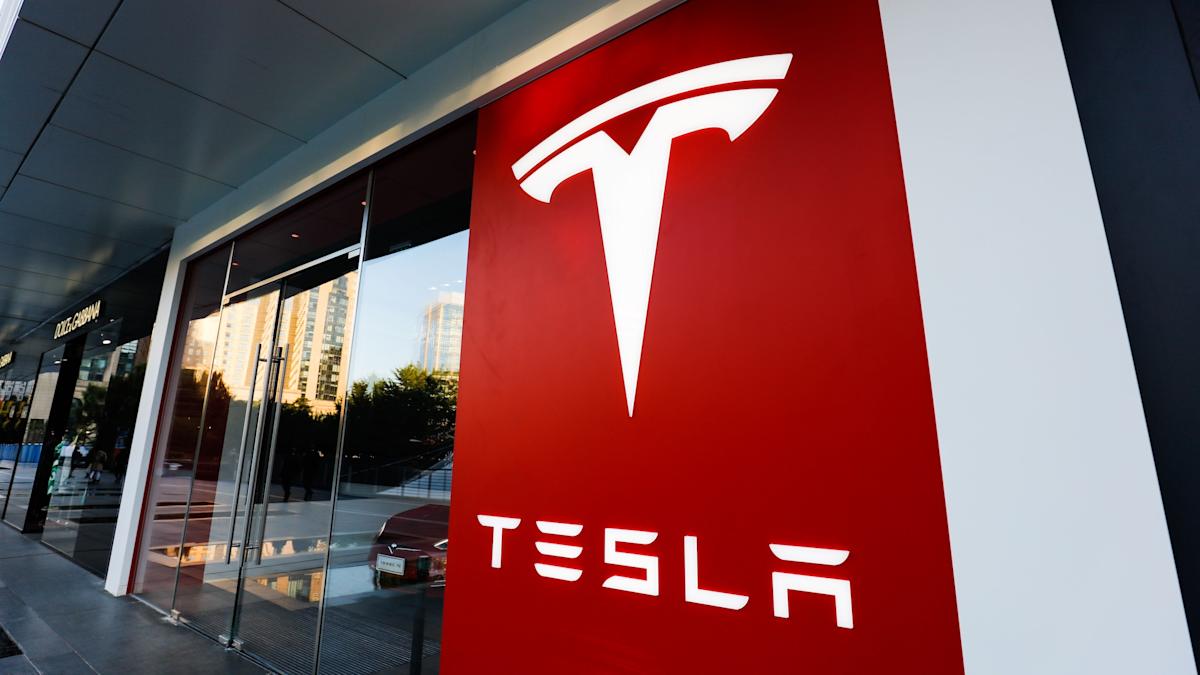Tesla surged in one of its fastest-growing business ventures just as shareholders prepared for a historic vote on CEO Elon Musk’s massive compensation plan. The company reported record energy storage deployments and profits for the third quarter of 2025, marking a milestone for its clean-energy operations even as its automotive division faces slower growth and tighter margins.
According to Energy Storage News, Tesla deployed 12.5 gigawatt-hours (GWh) of battery storage systems during the quarter — an 81% year-over-year increase — powered by strong demand for its Megapack utility batteries and Powerwall home systems. Energy generation and storage brought in $3.4 billion in revenue, up 27% from last year, and the segment achieved a 31% gross margin, outperforming Tesla’s core vehicle business.
For those unfamiliar with Tesla’s energy storage developments, the Megapack is an underrated advancement in clean energy. It’s a “powerful, integrated battery system that provides clean, reliable, cost-effective energy storage to help stabilize the grid and prevent outages,” according to the company.
Tesla’s Megablock platform, introduced at the RE+ trade show in Las Vegas, has drawn “very strong positive customer feedback,” said Michael Snyder, Tesla’s vice president of energy and charging. The company plans to ship the product from Houston next year, while Musk teased the upcoming Megapack 4.
The company’s energy division is increasingly vital as Tesla’s vehicle sales have softened in 2025, pressured by rising trade tariffs, expiring U.S. tax credits, and intensifying EV competition. Yet, as this report shows, Tesla’s storage systems are gaining traction with data centers, utilities, and businesses seeking reliable, renewable backup power.
For customers, this means lower energy costs and greater grid resilience, while, environmentally, widespread adoption of Tesla’s storage products supports cleaner power use and reduced dependence on dirty energy sources like gas, oil, and coal.
This is good news for EV owners, who have more options than ever to reduce their reliance on the grid. Using at-home EV chargers is not only convenient, but it can save you hundreds annually. And while, as mentioned above, Tesla offers a range of at-home energy products, Qmerit is a resource that can help consumers explore all their options. Qmerit helps compare and contrast installation scenarios for Level 2 EV chargers so that you can find the right option for your home and EV experience.
